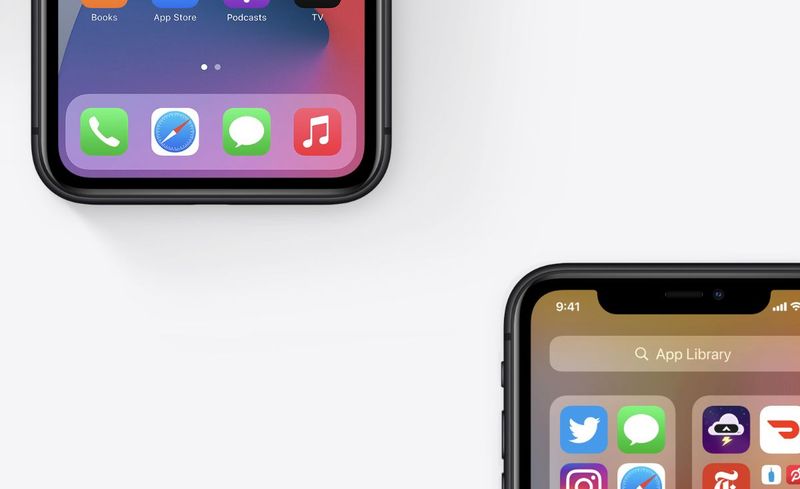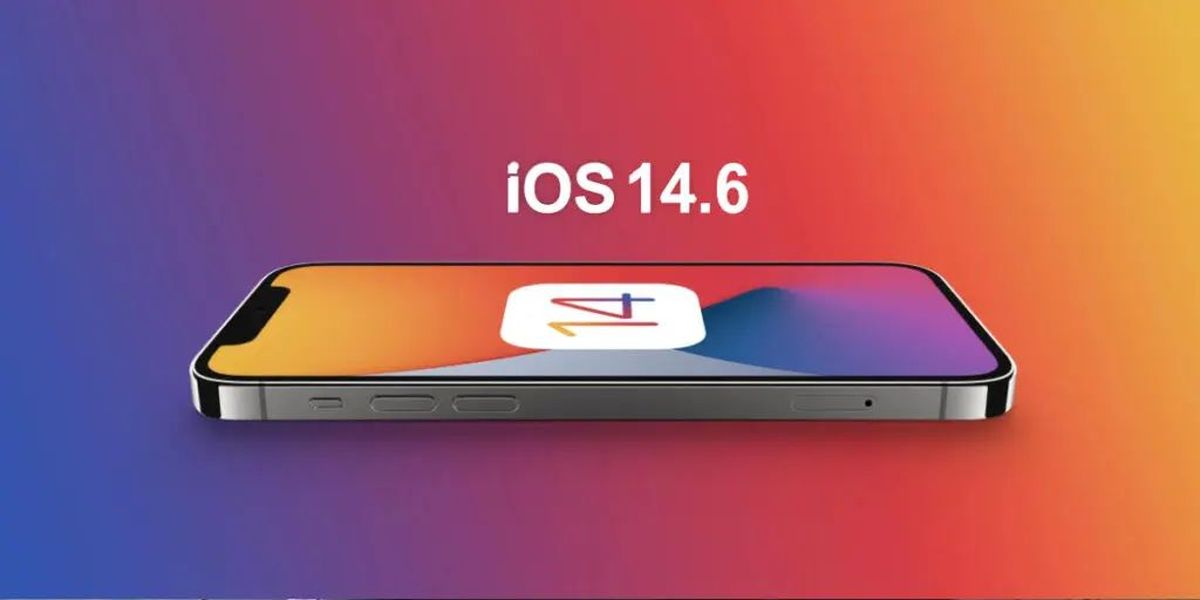Update day in the Apple universe. All its devices receive today a new update of their corresponding software. For iPhones, the new iOS 14.6, and iPadOS 14.6 for iPads, which after many betas is finally released for all users.
A new update with outstanding improvements, such as support for Apple Card Family, podcast subscriptions, and improvements in the control of the new AirTags.
Apple just released iOS 14.6 and iPadOS 14.6 to all users a few minutes ago. This update includes support for Apple Card Family, Apple podcast subscriptions, improvements to the new AirTag control, and important security fixes.
As usual, you can update your iPhone by going to the “Settings” app, choosing “General” and then choosing “Software Update”.
Apple Card Family and Podcast subscriptions
It’s only been a month since the last update, iOS 14.5, but that doesn’t make it any less important. One of its main new features is undoubtedly the addition of the Apple Card Family, allowing you to share your Apple Card with other family members.
iOS 14.6 also provides Podcast app support for Apple’s new podcast platform. This allows podcasts to offer paid subscriptions to their shows with additional content, such as ad-free episodes and subscriber-only episodes.

Other new features in iOS 14.6 include updates to AirTag, accessibility improvements, and a variety of internal bug fixes.
New in the AirTag section is being able to add an email address instead of a phone number when you activate an AirTag’s lost mode. This way the AirTag will display the partially masked phone number of the owner when touched with an NFC-enabled device, and will only display the email address.
Apart from these new features, it also fixes the following issues found in previous versions:
- Unlock with Apple Watch may not work after using Lock iPhone on Apple Watch.
- Reminders may appear as blank lines.
- Call blocking extensions may not appear in Settings.
- Bluetooth devices may sometimes disconnect or send audio to a different device during an active call.
- The iPhone may experience reduced performance during startup.
All other fixes are internal security fixes, which are completely unnoticed by the end-user.





